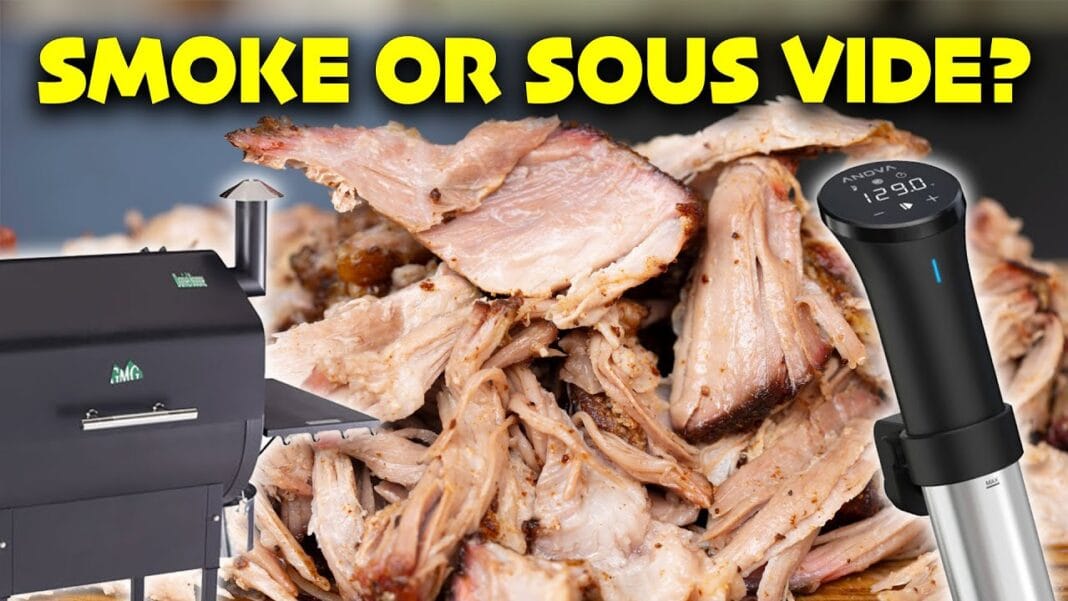Baking is as much a science as it is an art. While culinary creativity knows no bounds, the key to consistent and delightful baked goods lies in precise measurements. From the delicate balance of dry ingredients to the exact temperature of butter, mastering measurements can transform your baking from good to exceptional.
The Importance of Precision in Baking
In baking, even a minor deviation in measurements can result in significantly varied outcomes. Unlike cooking, where a pinch here and a dash there can be adjusted to taste, baking requires accuracy to ensure the right chemical reactions occur. Here are several reasons why precision in baking is crucial:
- Chemical Reactions: Baking is driven by chemical reactions involving ingredients such as flour, sugar, and leavening agents. Accurate measurements ensure that these reactions happen correctly, allowing for a perfect rise or a tender crumb.
- Texture and Structure: The texture of baked goods is often a direct result of how ingredients interact. For instance, too much flour can lead to a dense cake, while too little may cause it to collapse. Precision in measurements cultivates the desired texture and structure.
- Consistency: For professional bakers and home bakers alike, consistency is key. Accurate measurements enable you to replicate successful recipes, allowing you to produce the same delicious results every time.
- Food Safety: Precision in measurements can also impact food safety. Ensuring that ingredients are used in the proper proportions can reduce the risk of foodborne illnesses, particularly when it comes to perishable items.
Tools for Measuring Ingredients
To achieve precision in baking, the right tools are essential. Here are some must-have utensils that can elevate your baking game:
1. Digital Kitchen Scale
For the most accurate measurements, a digital kitchen scale is indispensable. Weighing ingredients instead of relying solely on volume measurements (such as cups) can eliminate discrepancies caused by packing and settling. Many professional bakers prefer grams and ounces for a reason: weights provide consistency and accuracy.
2. Measuring Cups and Spoons
While a kitchen scale is preferred for dry ingredients, measuring cups and spoons are still valuable for liquids and other ingredients. Remember to use dry measuring cups for flour and sugar, and liquid measuring cups for water, milk, and oils.
3. Thermometer
Temperature plays a critical role in baking, affecting everything from dough rising to the doneness of cakes. An accurate thermometer can help you ensure that your oven is at the proper temperature and that your baked goods reach the desired internal temperature.
4. Rubber Spatula and Scraper
For precise mixing and scraping, a rubber spatula is a must. It allows you to incorporate ingredients thoroughly and ensures that none of your precious mixture is left behind in the bowl.
Techniques for Precise Measurements
To truly master the art of precision in baking, consider these techniques:
1. Spoon and Level
When measuring flour and other dry ingredients, use the “spoon and level” method. Spoon the ingredient into your measuring cup without packing it down, then use a straight edge (like the back of a knife) to level it off.
2. Use the Right Measurement Units
Familiarize yourself with the standard measurement conversions. While many recipes may use cups, grams are often more reliable. For example, knowing that one cup of all-purpose flour typically weighs around 120 grams can guide you in converting your recipes for better accuracy.
3. Get to Know Your Oven
Ovens can have hot spots or varying temperatures. Invest in an oven thermometer to confirm that your appliance matches the settings you’ve chosen. Knowing your oven’s idiosyncrasies can help you adjust cooking times and temperatures for flawless results.
4. Read the Recipe Carefully
Take the time to read your recipe in its entirety before starting. Ensure you understand the required measurements and equipment, and gather everything you’ll need. This practice will minimize errors and streamline the baking process.
Conclusion
The art of baking is both a creative and meticulous endeavor, where precision plays a vital role in achieving delectable results. By investing in the right tools, honing proper techniques, and embracing a patient approach to measurements, bakers can elevate their skills and create beautiful, consistent baked goods. Ultimately, mastering the art of precision in baking not only enhances the quality of your creations but also deepens your appreciation of this rewarding culinary craft. So, don your apron, grab your scale, and let the precision lead you on a delicious journey in the world of baking!



